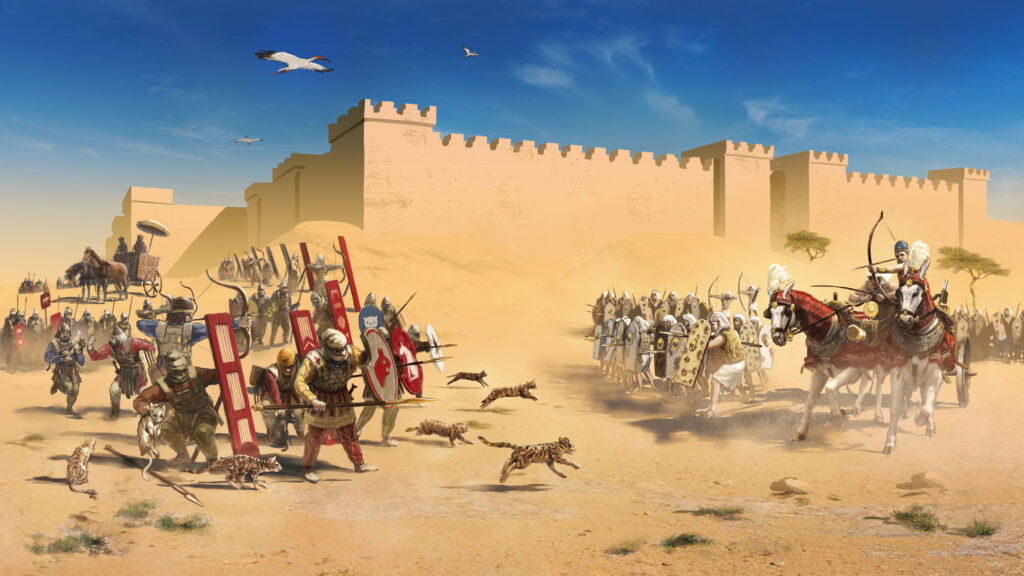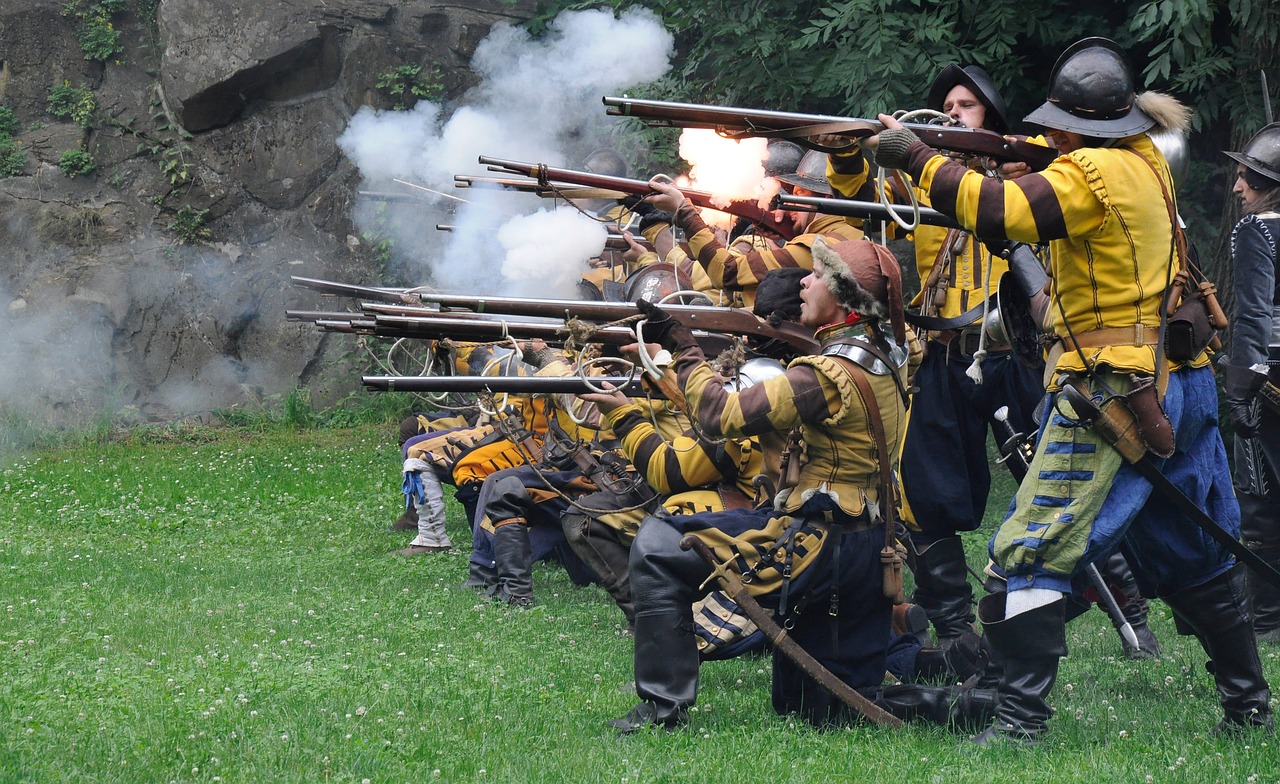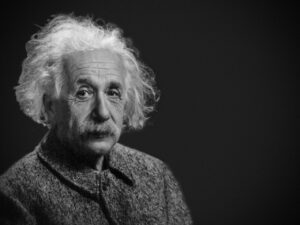Famous Battles in History – Battles have shaped the course of human history, often serving as pivotal moments that decide the fate of nations, empires, and civilizations. From ancient times to the modern era, conflicts on the battlefield have been immortalized for their strategic brilliance, heroic sacrifices, and profound impact on the world. Let’s delve into some of the most famous battles that have left an indelible mark on history.

Battle of Thermopylae
The Battle of Thermopylae, fought in 480 BCE between the Greek city-states and the Persian Empire, stands as a symbol of courage and defiance against overwhelming odds. Led by King Leonidas of Sparta, a small Greek force held off the mighty Persian army for several days at the narrow pass of Thermopylae. Despite ultimately facing defeat, their resistance bought valuable time for Greece to prepare for the Persian invasion. This battle showcased the importance of strategic positioning and unity in the face of adversity.
Battle of Hastings
In 1066, the Battle of Hastings forever altered the course of English history. It pitted the Norman forces of William the Conqueror against the Anglo-Saxon army led by King Harold II. The Normans employed innovative tactics such as cavalry charges and archery, securing a decisive victory that ushered in the Norman conquest of England. This battle not only changed the ruling dynasty but also transformed English society, culture, and language.
Battle of Waterloo
The Battle of Waterloo, fought in 1815, marked the culmination of the Napoleonic Wars and the downfall of Emperor Napoleon Bonaparte. British, Prussian, and other allied forces under the command of the Duke of Wellington and Field Marshal Blücher faced Napoleon’s French army in a climactic showdown near the village of Waterloo in present-day Belgium. The defeat of Napoleon at Waterloo ended decades of European conflict and established a new balance of power on the continent.
Battle of Gettysburg
The Battle of Gettysburg, a turning point in the American Civil War, raged from July 1 to July 3, 1863, in Pennsylvania. Union and Confederate forces clashed in a brutal confrontation that resulted in staggering casualties on both sides. General Robert E. Lee’s daring invasion of the North was repelled by Union General George Meade’s defensive stand, solidifying the Union victory and thwarting Confederate hopes for a decisive military triumph on Northern soil.
Battle of Stalingrad
The Battle of Stalingrad, fought between August 1942 and February 1943, was a brutal and grueling conflict that turned the tide of World War II in favor of the Allies. The Soviet city of Stalingrad became the epicenter of a savage struggle between Nazi Germany and the Soviet Union. Despite heavy losses, the Soviet Red Army under General Zhukov successfully defended the city, inflicting a crushing defeat on the German Sixth Army. The Battle of Stalingrad marked a significant shift in momentum on the Eastern Front and foreshadowed the eventual defeat of Nazi Germany.
Conclusion
Studying famous battles in history provides invaluable insights into the dynamics of warfare, leadership, and the human condition. These battles serve as enduring testaments to the courage, sacrifice, and resilience of individuals and nations in the face of adversity. By understanding the lessons of the past, we can better navigate the challenges of the present and shape a more peaceful future.
FAQs
- Why are famous battles important to study?
- Famous battles offer insights into military strategy, leadership, and the impact of warfare on societies, making them invaluable for understanding historical developments.
- Which battle is considered the turning point of World War II?
- The Battle of Stalingrad is widely regarded as the turning point in World War II, marking a significant shift in momentum on the Eastern Front.
- What role did technology play in shaping famous battles?
- Technology, such as weaponry and communication systems, often played a crucial role in determining the outcome of famous battles by influencing tactics and strategies.
- How did famous battles influence subsequent conflicts?
- Many famous battles set precedents for military tactics, innovations, and geopolitical shifts, shaping the conduct of warfare in future conflicts.
- What can we learn from the leaders and soldiers involved in famous battles?
- The leadership, decision-making, and individual bravery demonstrated in famous battles offer timeless lessons in resilience, adaptability, and determination.




